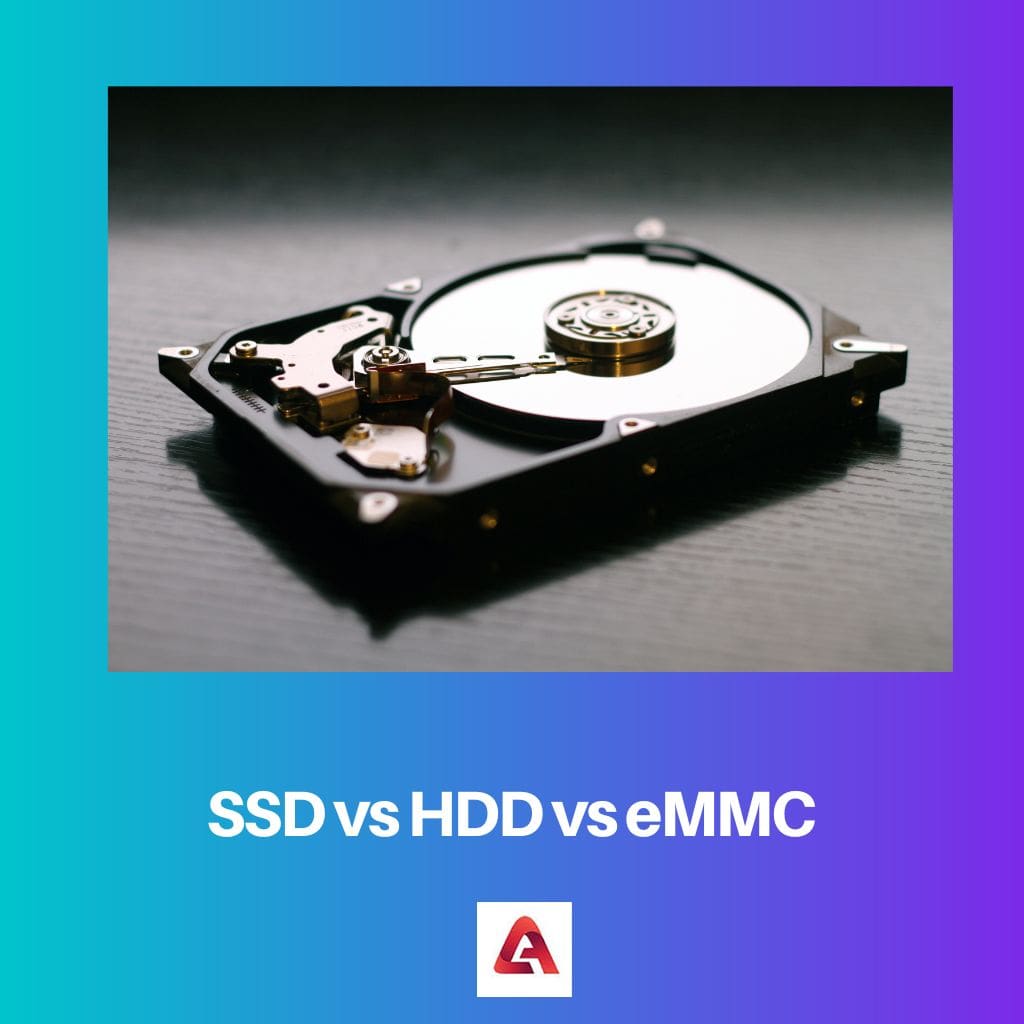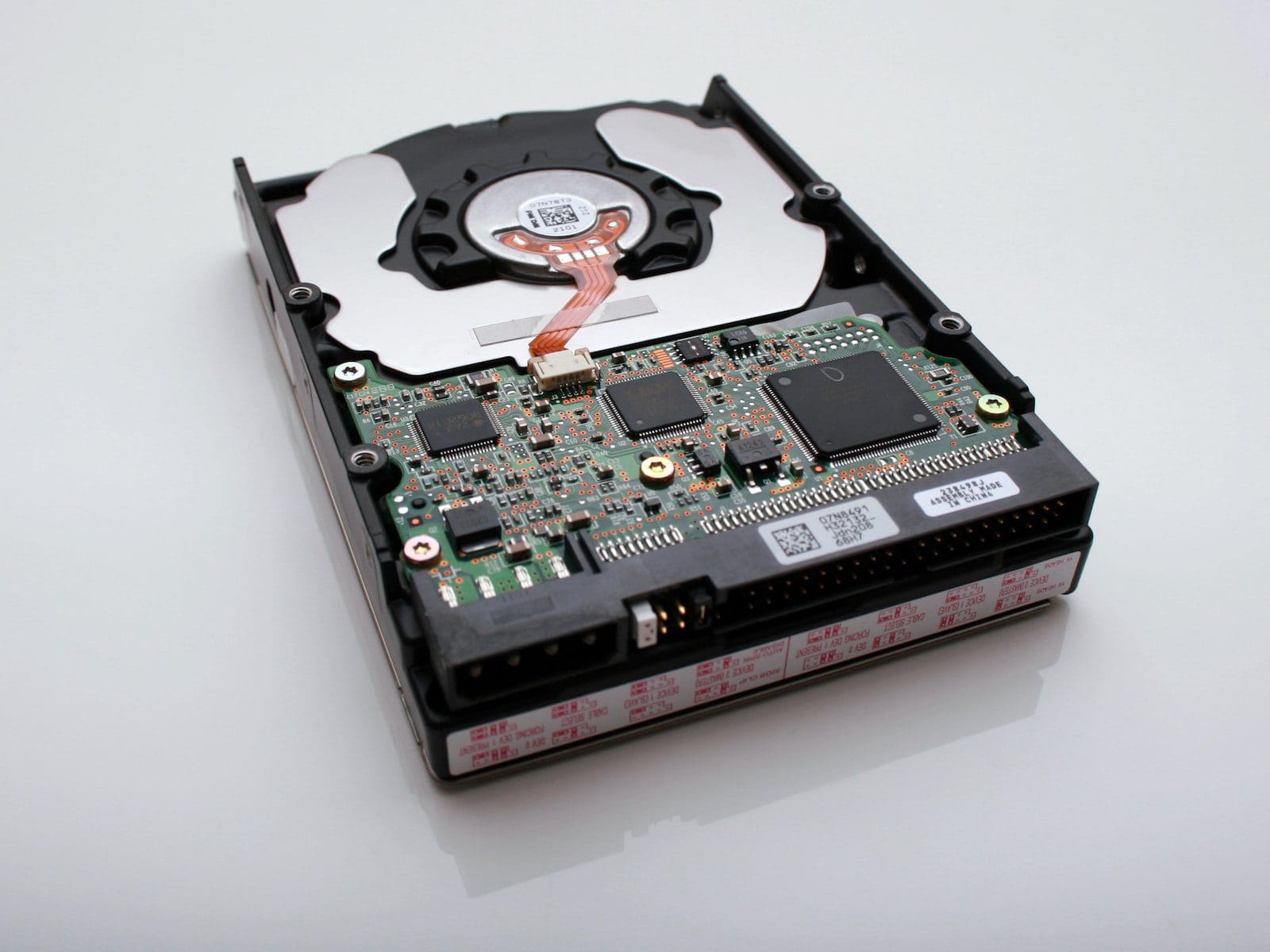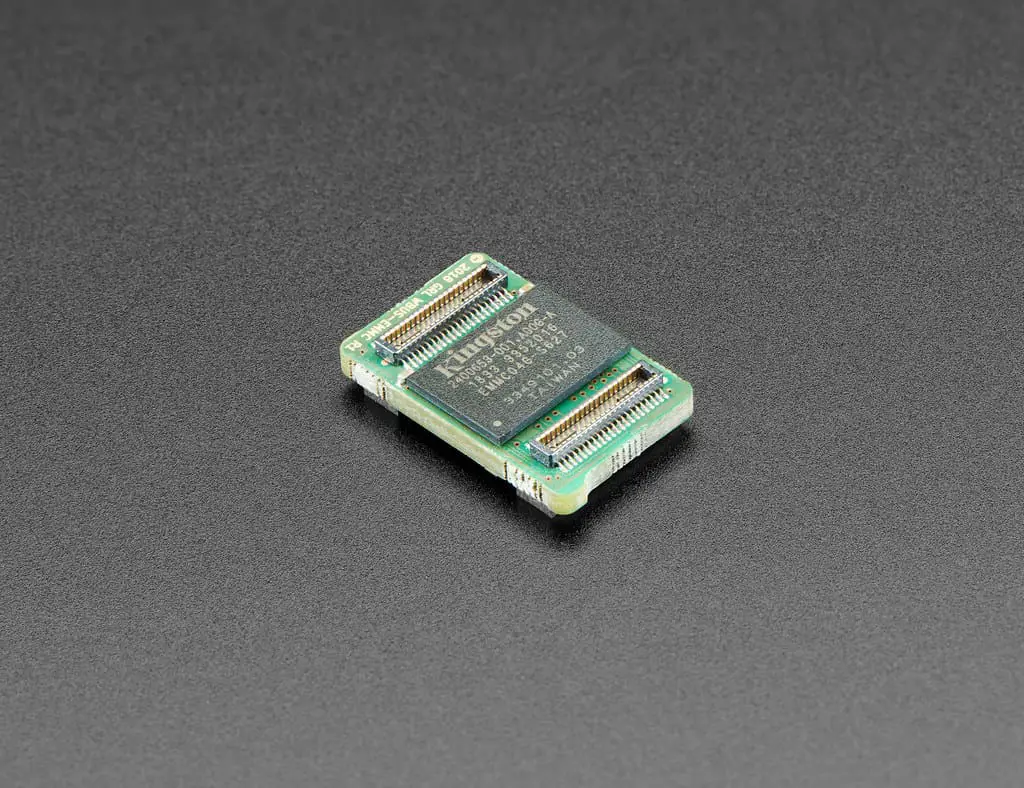Technology requires space. Space to grow and space to be stored in. As much as new features are evolving in electronic gadgets, the need to store them in is increasing in parallel. For this purpose, storage cards are also being introduced with new features and qualities. Hence SSD, HDD, and eMMC are the introduced cards to store data.
Key Takeaways
- SSDs (Solid State Drives) offer faster performance, lower power consumption, and increased durability than HDDs (Hard Disk Drives).
- HDDs store data on spinning magnetic disks, making them more susceptible to damage and slower operation than SSDs.
- eMMC (embedded MultiMediaCard) is a more affordable, less advanced storage option, in budget devices like tablets and smartphones.

SSD vs HDD vs eMMC
SSDs are faster and more reliable than HDDs, offering faster boot times, faster file transfers, and less susceptibility to mechanical failure. HDDs offer a larger storage capacity and are more affordable than SSDs. eMMC is a form of non-volatile storage but slower and has lower capacity than SSDs and HDDs.
SSD stands for Solid State Drive. It’s used in laptops for storage purposes. Currently, they are the most popular storage cards in the market. The majority of the laptops are being manufactured with SSD cards installed in them.
HDD stands for Hard Disk Drive. As compared to the other two storage cards, HDD is a bit outdated in terms of use. But this does not make them obsolete from the category. HDD cards are best to use as external storage devices.
eMMC stands for embedded Multimedia card. eMMC cards are mostly found on phones and tablets. While some of the laptops use these cards with low specifications. These are better than HDD cards in speed. But have less space for storage purposes.
Comparison Table
| Parameters of Comparison | SSD | HDD | eMMC |
|---|---|---|---|
| Battery life/Power draw | Utilizes an average of 2-3 watts | Utilizes an average of 6-7 watts | Utilizes an average of 0.5 to 2 watts |
| Capacity | Capped at 1 TB | Capped at 2 TB | Capped at 128 GB |
| Write Speed/File copy | ~ 500MB/s | 50 MB/s to up to 120 MB/s | Up to 400MB/s |
| Operating System Boot Time | Average boot time of 10-13 seconds | Average boot time of 30-40 seconds | Average boot time of 15-20 seconds |
| Application | PCs, laptops, digital cameras, digital music players, smartphones, tablets, thumb drives | Notebooks, Computers | Smartphones, PCs, laptops, tablets |
What is SSD?
SSD stands for Solid Storage Device. It is used in almost every electronic gadget that has storage functionality. You name it, personal computers, laptops, digital music players, smartphones, tablets, and thumb drives.
SSD is the fastest in speed among the three storage devices. It is equipped with the best features so far. That is the reason it is found in the majority of electronic devices.
SSDs were not very common in the market until recently, besides being the most compatible with devices. SSDs also consume much less power, increasing the battery life of the device they are installed in.
The only point to consider is that the SSDs are very expensive compared to the other storage options, but the benefits they offer make them worth it.

What is HDD?
HDD stands for Hard Disk Drive. They are mostly found in personal computers and notebooks. HDD is an old technology storage device. That is one of the reasons for it being almost obsolete. Nevertheless, it can always be used as an external storage device.
HDD is a non-volatile device, meaning it can retain its data even when turned off. Although HDDs are the most used storage devices but have lost their worth in recent years.
HDDs offer huge storage capacity at the lowest prices. If a huge amount of data is to be saved without compromising prices, then HDD is the go-to storage device.
HDDs prove to be more volatile than any other storage device. If the computer is not used for 5 to 10 years, it most probably will turn on and work fine, retaining all the data in the storage device.

What is eMMC?
eMMC stands for embedded Multimedia Card. Mostly used in phones and tablets. eMMC is not only embedded in the device, as the name depicts, but another feature that makes it unique is also that it is a multimedia card itself. Also, it has a flash memory.
eMMCs are slower than SSDs. Other than the speed, the storage capacity is also less than SSDs or HDDs. Most of the laptops with eMMC storage capacity will be 64GB or a maximum of 128 GB.
eMMCs cannot be upgraded like SSDs. They are more useful in laptops where the major chunk of the data is stored on google drive or the cloud. But in case of a tight budget, eMMC will serve the need properly.

Main Differences Between SSD and HDD and eMMC
- SSDs are the fastest in speed as compared to HDD and eMMC
- HDD offers the largest storage capacity compared to SSD and eMMC.
- SDDs do not produce any noise whatsoever because there is no moving part in them, while HDDs make the noise of spinning and clicking. eMMC also has no noise issues.
- The heat production due to SSD is also very low hence it draws less power, HDD has moving parts resulting in heat production and battery consumption, while eMMC utilizes the least power and produces the least heat.
- Effect of magnetism is the least in SSDs; HDDs can lose their data if exposed to the magnetic field. eMMCs are also not affected by magnetic fields.









